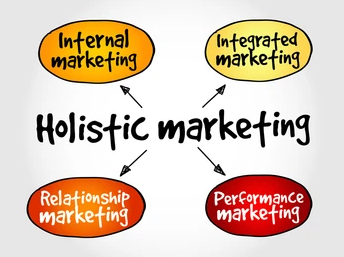
It is a marketing strategy that relies on looking at all aspects of the business as an integrated whole with the aim of improving the customer experience and enhancing the brand. This approach seeks to integrate all marketing elements, such as product, price, promotion, and distribution, in addition to integrating the company's different departments to achieve a common goal.
Characteristics:
1. Integration: It relies on integrating all aspects of marketing and business operations to ensure a unified vision and message.
2. Customer focus: It places the customer's needs and expectations at the heart of all marketing activities.
3. Coordination between departments: It requires cooperation and coordination between all departments of the company to achieve common goals.
4. Sustainability: It seeks to achieve a balance between economic, social, and environmental goals.
Benefits:
1. Enhancing consistency in messages: It ensures consistency in marketing messages and business practices across all communication channels.
2. Improving the customer experience: It contributes to improving the customer experience by providing an integrated and unified experience.
3. Increasing efficiency: It can lead to increased efficiency and reduced costs through cooperation between different departments.
4. Enhancing loyalty: It enhances customer loyalty by providing an integrated and coherent experience.
Features:
1. Comprehensive approach: Covers all aspects of marketing, including inbound marketing, integrated marketing, social marketing, and public relations.
2. Relationship sustainability: Focuses on building long-term relationships with customers by delivering consistent value.
3. Adapting to changes: It can help companies quickly adapt to changes in the market through an integrated approach.
4. Achieving excellence: Helps companies achieve excellence in the market by providing an integrated and distinctive customer experience.
Disadvantages:
1. Complexity: Comprehensive marketing can be difficult to implement due to the complexity of integrating all aspects of the business.
2. Cost: It can be expensive, especially for small companies that may find it difficult to provide the necessary resources.
3. Coordination: It requires a high level of coordination between different departments, which can be a challenge in large companies.
4. Internal resistance: You may face internal resistance from some departments that may be accustomed to working independently.
Examples of modern Arab companies that use comprehensive marketing:
1. Saudi Aramco: Aramco relies on a comprehensive marketing strategy that integrates technological development, the environment, and sustainability in all its activities.
2. Majid Al Futtaim: It applies a comprehensive approach that combines marketing, customer service, and sustainability in all its real estate and commercial projects.
3. Saudi Telecom Company (STC): STC focuses on providing a comprehensive experience by integrating digital marketing, customer service, and innovation into its services.
Holistic marketing is a strategy that aims to integrate all aspects of the business to achieve an integrated customer experience and enhance the brand. This approach contributes to improving efficiency, enhancing customer loyalty, and differentiating in the market, but it requires high coordination and sufficient resources to implement it successfully. Arab companies that adopt holistic marketing seek to provide integrated and sustainable value to their customers, which helps them achieve a strong position in the market.
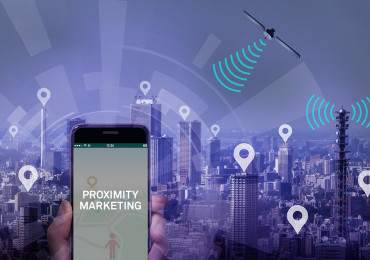
18/08/2024

22/08/2024

01/09/2024

20/08/2024

16/08/2024

26/08/2024
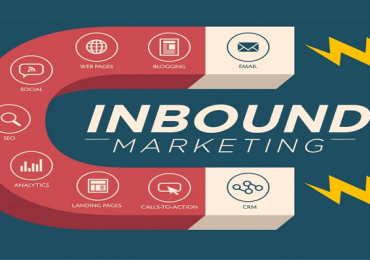
16/08/2024

30/08/2024
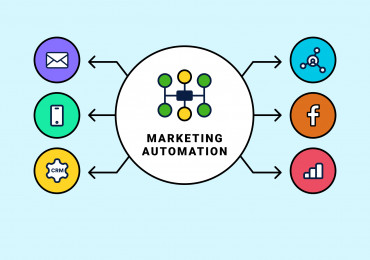
26/08/2024
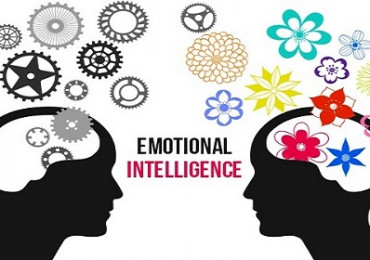
31/08/2024

18/08/2024

31/08/2024

22/08/2024

15/08/2024
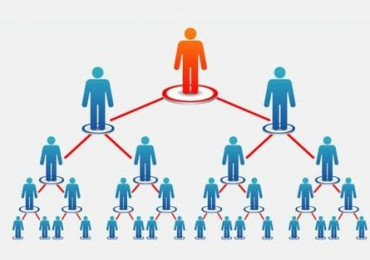
14/08/2024

30/08/2024
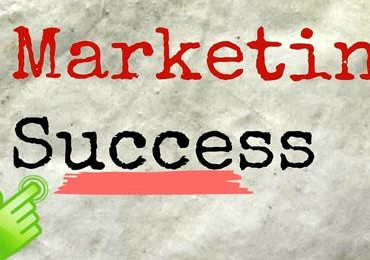
30/08/2024

26/08/2024

20/08/2024

26/08/2024